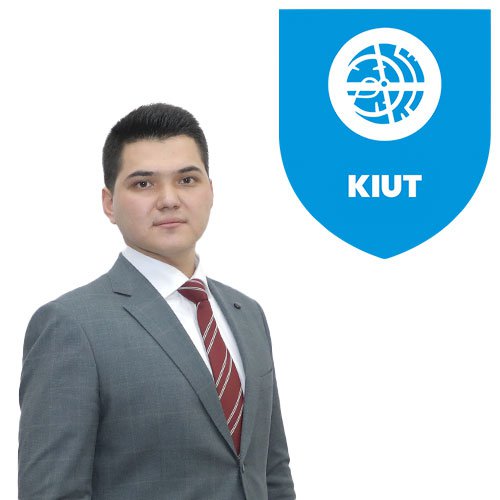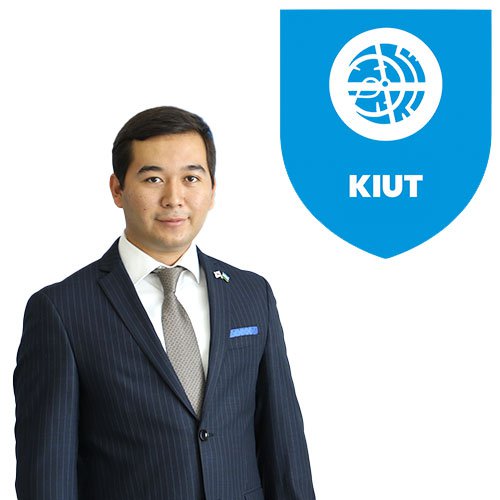
Finance
Course description
The subject matter of finance is the management of money, investments and other financial assets. Effective risk management and resource allocation entail gathering, analyzing, and interpreting financial data. Finance includes a wide range of subjects including investment, banking, insurance, real estate, accounting, and economics. It deals with both personal and corporate finance.
Purpose of the program
The main goal of the program is to train professionals in the development and use of theoretical and practical knowledge acquired in different courses in the field of public finance, corporate finance and personal finance.
As well as:
- to provide students with knowledge of the theoretical, legal, organizational basis of finance and financial relations;
- to prepare students to become highly qualified economists, to develop skills and competencies in the main areas of current financial policy of the state;
- to develop students’ analytical and critical thinking skills so that they can find appropriate solutions to the current finance related issues in the economy;
- to encourage students to apply the acquired skills and knowledge in current practical activities;
- to develop the need for lifelong learning and personal development;
Education
The Finance curriculum combines mathematics and business courses with finance. Students become familiar with classic and modern economic principles and theories. During the program, they study public and corporate finance. At the end of their studies, undergraduate students will be able to analyze financial statements of enterprises and work on research projects.
Learning content
Mathematical foundation – 18 %
Finance related subjects – 52%
Economic subjects – 20%
Language and General subjects – 5%
Internship and bachelor thesis – 5%
Career opportunities
Graduates can successfully work in public and private sectors as financier, financial manager, business analyst, CFO, business consultant, tax officer, and accountant.
With the bachelor’s degree in Finance, financiers are always in demand in several industries, including public agencies and private organizations. Financiers analyze the collected data and reports. According to the results they can allocate the budget efficiently, form the capital effectively, minimize the costs and maximize the profit. Moreover, they determine most profitable investment opportunities with the highest internal rate of returns.
Employment opportunities:
Investment banks
Corporate finance
Risk management
Financial planning and analysis (FP&A)
Asset management
Insurance
Real estate
Accounting
Commercial and industrial sectors
Financial advisory services
Graduates are also involved in the financial management of state organizations and non-profit organizations.
Entrance exams in the direction of "Finance" are held in the form of testing in the subjects: mathematics and English. However, applicants with an IELTS certificate of at least 5.5 are exempted from taking the entrance exam in English and the maximum score in this subject will be inserted.
Also, after entering the university, “Finance” students will be able to choose the language of the form of study (English, Russian or Uzbek).


